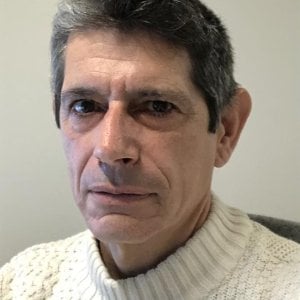With a background in anthropology, and an interest in social theory, my work focuses on developing new ways to understand and interpret health-related issues. I have worked with colleagues in multidisciplinary projects on a wide range of topics, ranging from people's experience of specific health conditions to population-based behavioural interventions.
Affiliations
Centres
Teaching
I enjoy teaching, especially to the diverse students at LSHTM. I give one-off sessions for a wide range of options in PHP and the other two Faculties, as well as help run the intensive Medical Anthropology module. This course is not intended to convert people into becoming anthropologists, but to show some of the exciting and challenging ways familiar problems and solutions in public and global health can be re-evaluated.
One of my core aims is to shift students' perspectives away from a concern just with 'methods' to thinking about how various forms of knowledge are constructed, and the different values they can have. I enjoy having a lively and creative cohort of research degree students who investigate very different topics, but who inevitably find connections and links across diverse projects. In a related role, I am also LSHTM's Board member of the current ESRC Bloomsbury DTC UBEL Board.
I am also the Faculty's Programme Director for the Master's Degree in Public Health for Development, and currently joint Departmental Research Degrees Co-Ordinator for HSRP.
Research
My research to date has focused on issues related to diagnosis, contested conditions chronic illness and end of life care in the UK and other high-income societies. With a strong commitment to contemporary social theory, I am interested in how innovative social science might provide both critical insight and influence in aspects of contemporary biomedical practice.
I have become fascinated by the role of fluids, both inside and outside the body: how they relate to health and ideas of transmission, their general absence in medical anthropology and sociology accounts, and the extent to which their constant movement and flow might demand a new way to think about old problems. With this in mind, I am currently working with colleagues at UCLH to re-frame ideas of hygiene and cleanliness.
In parallel, my general interest in practice theory informed a recent ESRC end-of-life project, called Forms of Care, with my colleagues Annelieke Driessen and Dr Erica Borgstrom. Drawing on ethnographic research conducted amongst London palliative care teams, we are interested in whether 'not doing' and 'not saying' constitute a form of 'doing', and the extent to which they are often a silenced and forgotten form of medical care.
